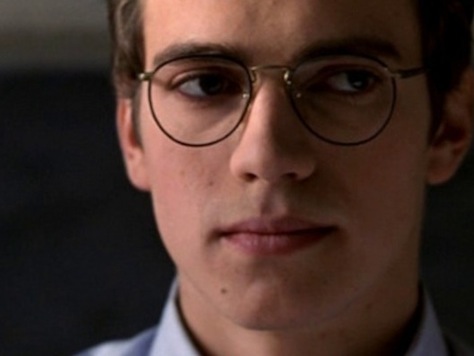
The California Supreme Court is set to decide whether disgraced New Republic and Rolling Stone journalist Stephen Glass should be granted a license to practice law in the Golden State. The California Committee of Bar Examiners has petitioned to block Glass from receiving a license, but two lower courts have taken Glass’ side.
The Los Angeles Times asks in their editorial (apparently without any sense of irony):
By the way, in case you’re wondering, their answer is “YES!”
The examiners’ opposition to a law license for Glass seems driven more by their (understandable) outrage at what they call “one of the greatest journalistic frauds in history.” We share their disapproval, but we also believe that if prospective lawyers are to be screened for “moral character” (as opposed to merely abiding by the law), then the serious efforts they’ve made to rehabilitate themselves ought to be part of the calculation. The Supreme Court should let prospective clients decide whether Glass’ long-ago journalistic sins disqualify him from representing them.
For the record, here’s a reminder of what the progressive journalist did when writing for lefty-journal New Republic:
Glass wrote 42 magazine stories that were wholly or partially fabricated. He made up phony notes, a fictional website, fake business cards and bogus voice-mails to cover up. He had his brother pose as a source to fool a suspicious editor.
Among the lies was a profile of Vernon Jordan, former head of the National Urban League and a friend of Bill Clinton. Glass invented quotes portraying the lawyer as a lecherous fool who made unwanted advances to women, a portrait that still rankles Glass’ critics. A now-defunct magazine, George, published the fakery.
By the time Glass was caught in 1998 — a reporter for online Forbes tried to match the reporting on one of Glass’ stories and could not locate the subjects — he was 25 and on track to earn $100,000 a year. He was fired and entered the day program at Georgetown law school.
The film Shattered Glass was based on these events.

COMMENTS
Please let us know if you're having issues with commenting.